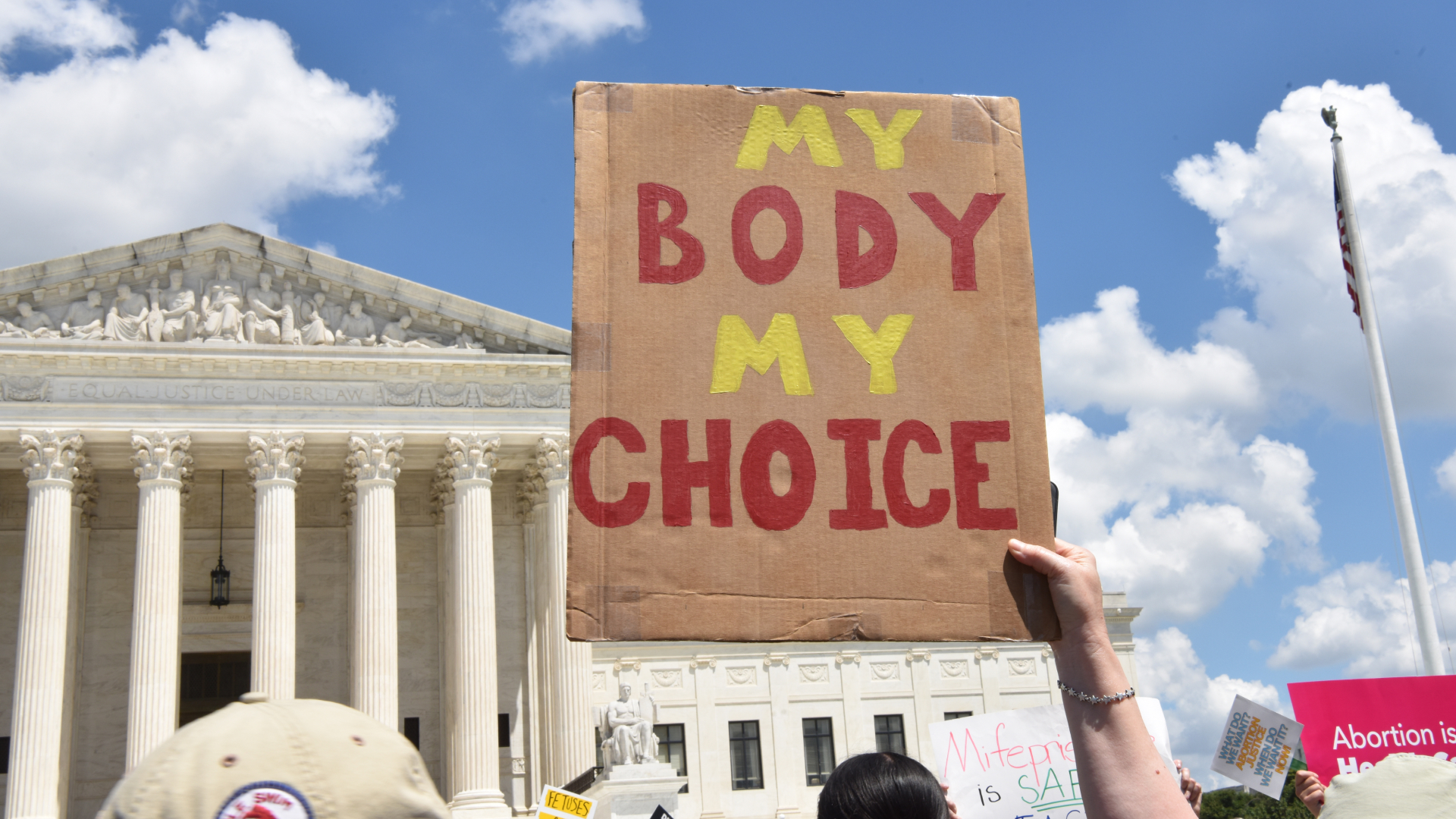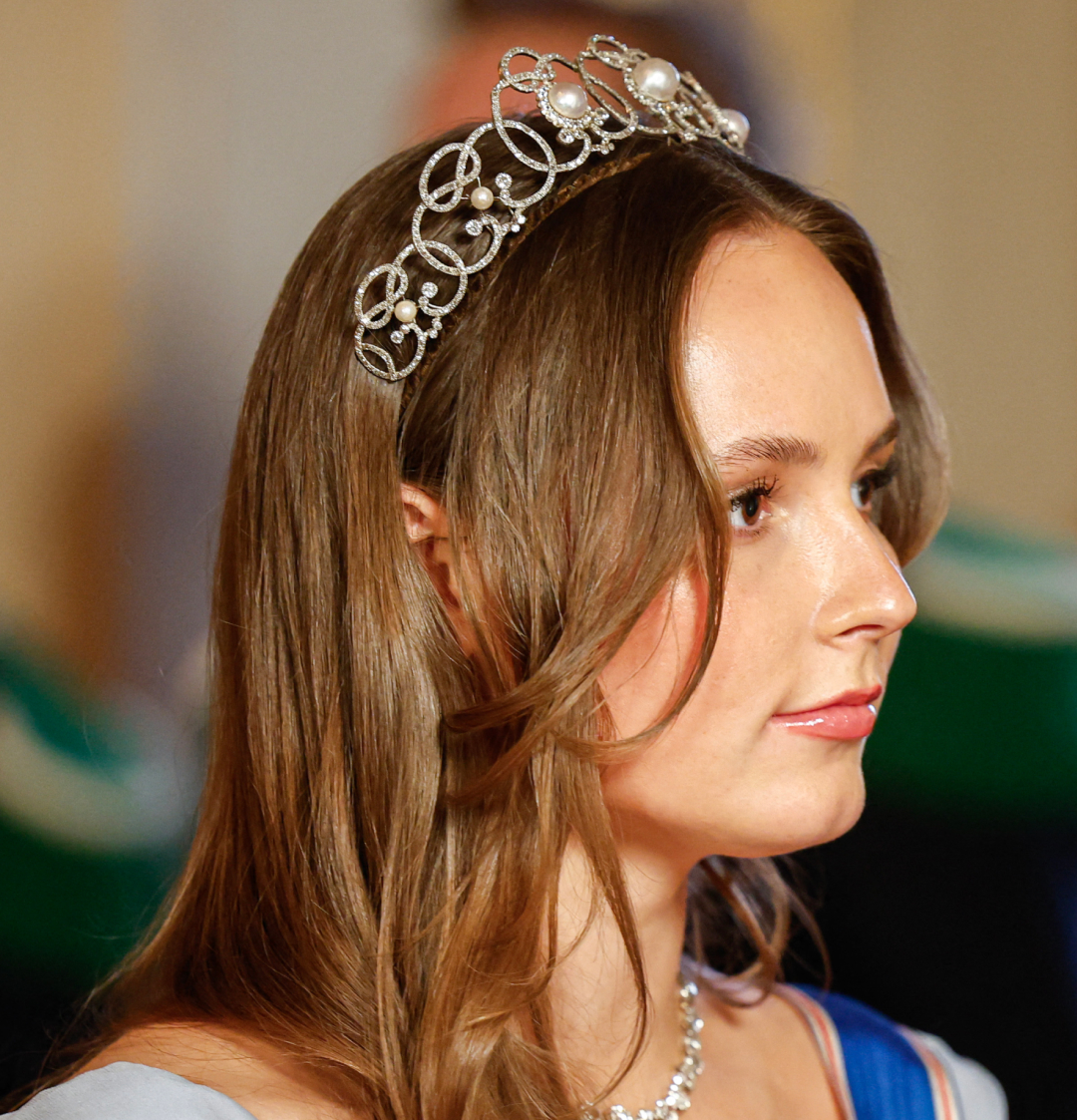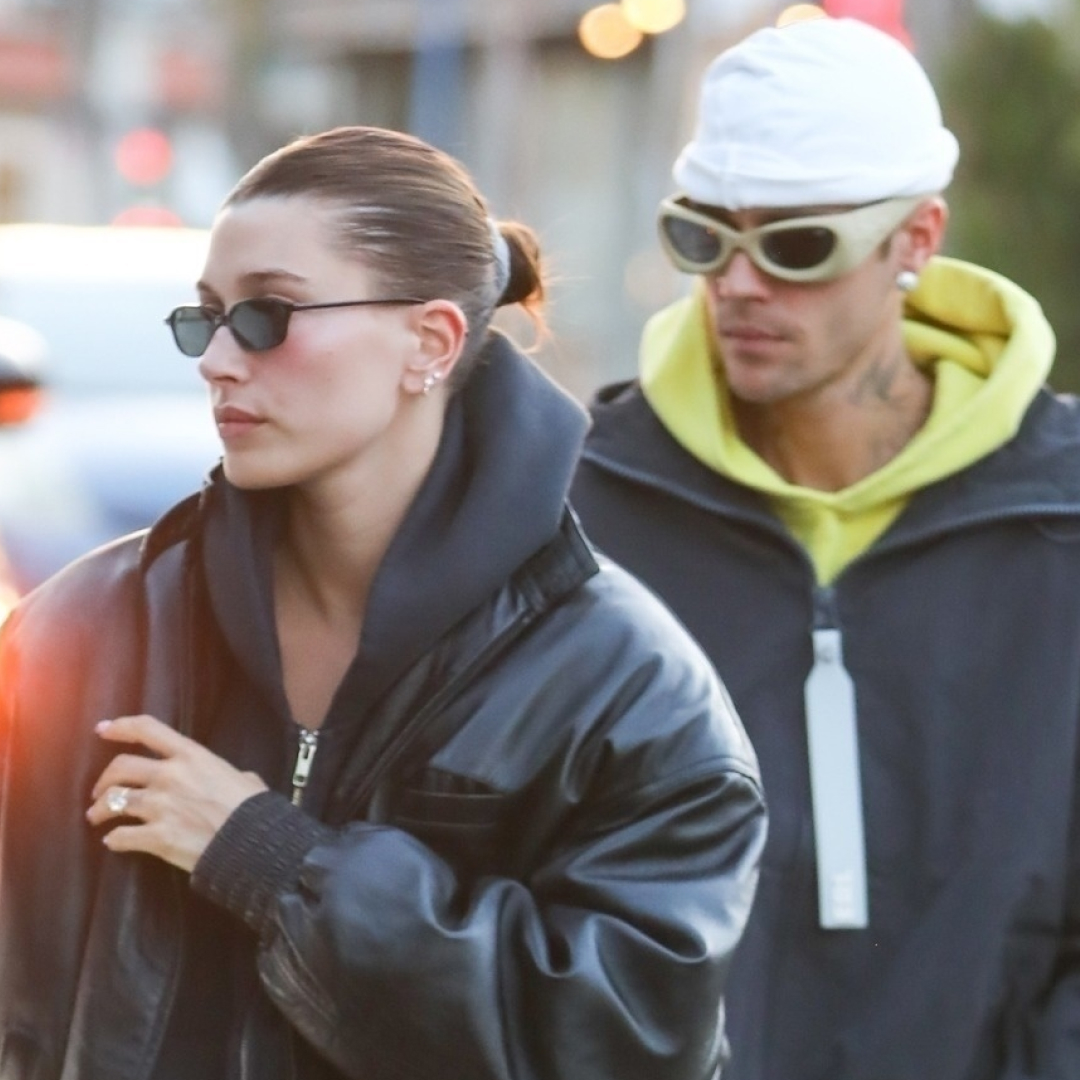Every Abortion Is an Emergency Abortion
With the Supreme Court poised to rule on a major medication abortion case, even more pregnant people are at risk of being denied reproductive healthcare.


It's been more than a year since the United States Supreme Court overturned Roe v Wade, and in that time, countless stories of women being denied abortion care despite threats to their health—and even their lives—have emerged.
There was the woman who spent nearly a week in the ICU after she was denied an abortion for a nonviable pregnancy that left her septic and, as she described it, “on the brink of death.” The woman who was turned away from doctors in Oklahoma, despite learning her pregnancy was cancerous and likely to kill her. The 31-year-old mother of two living in Texas, who sued her own state to obtain an abortion for a nonviable pregnancy that threatened not only her health but her future fertility. The Texas Supreme Court ultimately ruled against the mom, who after multiple trips to the ER was forced to travel elsewhere for an abortion.
The abortions in these cases are often described as “emergency abortions.” Somehow, the language suggests, these procedures are different—perhaps even more “moral" or "ethical”—than an abortion obtained by a pregnant person who is not suffering from a medical emergency but who simply does not want to remain pregnant.
But now that the Supreme Court has agreed to take up a major medication abortion case that could eliminate access to what is often referred to as the “abortion pill”—the most commonly used type of abortion care in the U.S.—it bears repeating that every abortion is an “emergency” abortion.
And while there are certainly instances in which an abortion needs to be obtained with more urgency—specifically because the circumstances are a matter of life or death—every time someone is denied abortion care the life they were living or had planned to live is put in jeopardy.
In a country that claims to uphold and protect the universal right to “life, liberty and the pursuit of happiness,” any situation that leaves a pregnant person in need of abortion care is urgent—the inability to access that care, catastrophic.
"Any situation that leaves a pregnant person in need of abortion care is urgent—the inability to access that care, catastrophic."
According to the United Nations and International Human Rights Law, every minute that a government forces someone to stay pregnant when they do not want to be is a human rights violation. And that violation causes both real and long-lasting harm.
Stay In The Know
Get exclusive access to fashion and beauty trends, hot-off-the-press celebrity news, and more.
When I found out I was unexpectedly pregnant, my boyfriend and I were drinking way too much and attempting to navigate a slew of bonafide relationship problems—infidelity, an egregious inability to communicate, trust issues, fits of anger, you name it. Our decision to end the pregnancy was almost immediate, as if that positive pregnancy test shined a light on the myriad of reasons why we could not—should not— be together.
Every second that I was pregnant when I didn’t want to be felt like an affront on my person and a legitimate threat to my future. I had plans that did not include parenting in an unhealthy, toxic environment. I knew I could not be tethered to this man for the rest of my life via a child neither one of us were ready, able, or willing to care for.
But what if I didn’t have enough money for the procedure? What if I was turned away for some unforeseen issue I had not yet considered? I was anxious, depressed, and desperate to end the pregnancy as soon as humanly possible. An abortion was, to me, an emergency.
Thankfully, I was able to access the care I not only wanted but needed. And due to the dumb luck of simply living in a state that protects abortion access, I was no longer pregnant just a few weeks later.
I am part of a privileged group that can obtain an abortion without facing unnecessary, cruel barriers to care—a dwindling group in a post-Roe world, where 24 states have banned abortion care or are likely to do so. More than 25 million women ages 15 to 44 live in a state where there are more restrictions on abortion than there were prior to the fall of Roe—about two in five women nationally. Now, nearly one out of every five women living in the U.S. are forced to travel out of state for an abortion.
And yet, according to the landmark Turnaway Study conducted by researchers at UC San Francisco, when a person is unable to access an abortion they’re more likely to experience pregnancy complications, more likely to stay in contact with a violent partner, and more likely to not have enough money to cover basic living expenses, like food and housing.
"Now, nearly one out of every five women living in the U.S. are forced to travel out of state for an abortion."
The psychological harm of being denied an abortion is also undeniable. As the American Psychological Association (APA) asserts, decades of research shows that when abortion is outlawed or made more difficult to obtain pregnant people’s mental health suffers.
“Rigorous, long-term psychological research demonstrates clearly that people who are denied abortions are more likely to experience higher levels of anxiety, lower life satisfaction, and lower self-esteem compared with those who are able to obtain abortions,” APA President Frank C. Worrell wrote in a statement after a draft of the Supreme Court’s Roe v Wade ruling was leaked to the press in early 2022.
Denying a pregnant person abortion care also harms their family members. The majority of abortion seekers have at least one child at home—they’re already parents—and according to the same Turnaway Study, when they’re denied abortions the children they already have show worse child development than their peers and are more likely to live below the federal poverty line.
For the children abortion seekers are already parenting, an abortion is an emergency. For the woman whose life is in jeopardy, an abortion is an emergency. For the overwhelmed mom of two juggling work and parenthood, an abortion is an emergency. For the couple who just wants to enjoy newlywed life before expanding their family, an abortion is an emergency.
And for a young woman in an unhealthy relationship, an abortion was an emergency.

Danielle Campoamor is Marie Claire's weekend editor covering all things news, celebrity, politics, culture, live events, and more. In addition, she is an award-winning freelance writer and former NBC journalist with over a decade of digital media experience covering mental health, reproductive justice, abortion access, maternal mortality, gun violence, climate change, politics, celebrity news, culture, online trends, wellness, gender-based violence and other feminist issues. You can find her work in The New York Times, Washington Post, TIME, New York Magazine, CNN, MSNBC, NBC, TODAY, Vogue, Vanity Fair, Harper's Bazaar, Marie Claire, InStyle, Playboy, Teen Vogue, Glamour, The Daily Beast, Mother Jones, Prism, Newsweek, Slate, HuffPost and more. She currently lives in Brooklyn, New York with her husband and their two feral sons. When she is not writing, editing or doom scrolling she enjoys reading, cooking, debating current events and politics, traveling to Seattle to see her dear friends and losing Pokémon battles against her ruthless offspring. You can find her on X, Instagram, Threads, Facebook and all the places.
-
 James Middleton Shares Why He Was "Breathless and Flustered" During Meeting With Queen Elizabeth
James Middleton Shares Why He Was "Breathless and Flustered" During Meeting With Queen Elizabeth"I heard a snort of laughter and looked past the Queen to see everyone in the room stifling their giggles."
By Kristin Contino
-
 This Modern Princess Will Break a 600-Year-Old Tradition When She Takes the Throne
This Modern Princess Will Break a 600-Year-Old Tradition When She Takes the ThronePrincess Ingrid Alexandra of Norway will follow in a long-ago ruler's footsteps.
By Kristin Contino
-
 Hailey Bieber's "Favorite Jacket" Is Actually One She Designed
Hailey Bieber's "Favorite Jacket" Is Actually One She DesignedIt's a piece for husband Justin Bieber's new brand.
By Halie LeSavage